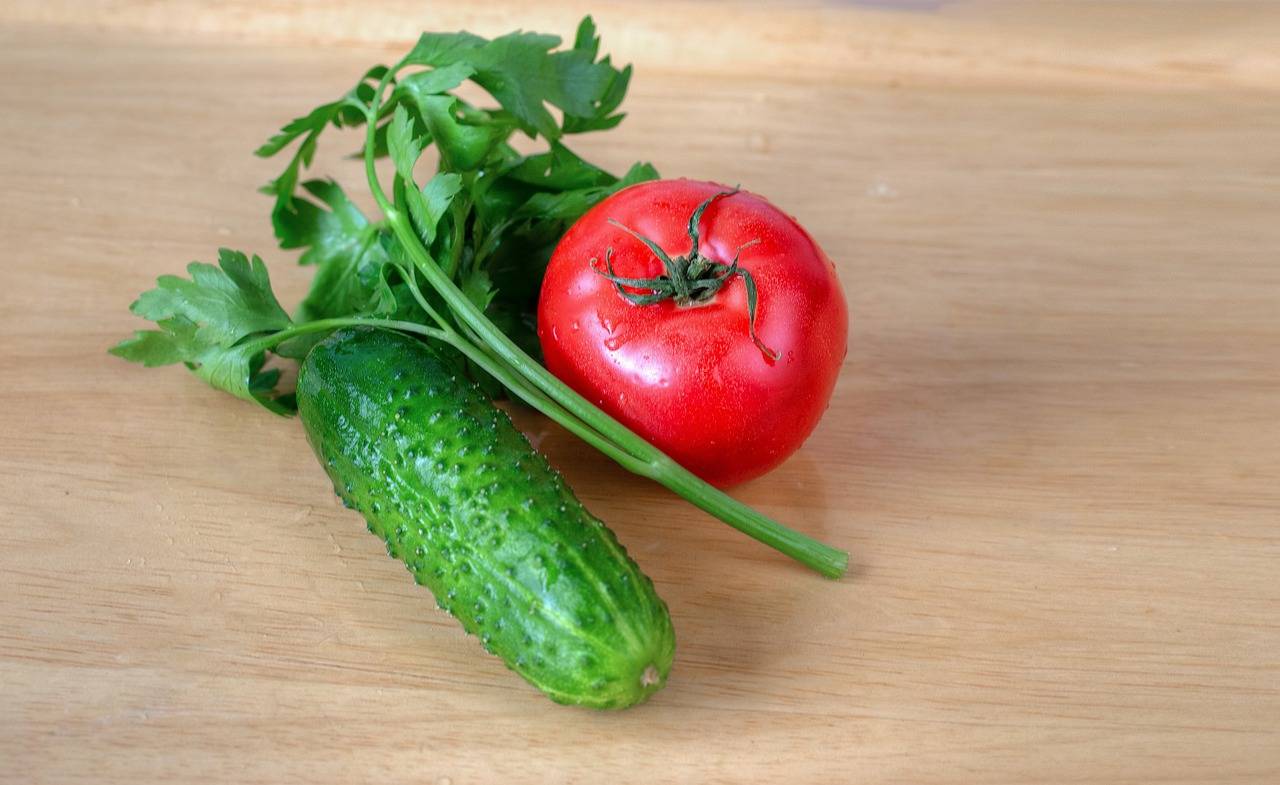The Role of Community Gardens in Promoting Health
Community gardens offer numerous advantages to those who participate in them. Firstly, they provide a valuable opportunity for individuals to connect with their neighbors and foster a stronger sense of community spirit. By working together to cultivate the garden, participants can build relationships and create a supportive network within their local area. This social aspect of community gardens helps combat feelings of isolation and strengthens the bonds between residents, enhancing the overall well-being of the community as a whole.
In addition to the social benefits, community gardens also play a crucial role in promoting environmental sustainability. By transforming unused urban spaces into thriving green areas, these gardens help to improve air quality, reduce pollution, and increase biodiversity within cities. Furthermore, the practice of growing food locally in community gardens can significantly lower carbon emissions associated with long-distance transportation of produce. By encouraging sustainable practices and green living, community gardens make a positive impact on both the environment and the health of the community members involved.
Accessibility to Fresh Produce
Access to fresh produce is a vital aspect of promoting a healthy diet and overall well-being. Community gardens play a crucial role in enhancing this accessibility, especially in urban areas where accessing fresh fruits and vegetables may be limited. These gardens provide a convenient and affordable way for individuals to access a variety of fresh, locally grown produce.
By cultivating fruits and vegetables in community gardens, individuals can gain a deeper connection to the food they consume while reaping the nutritional benefits of freshly harvested produce. Additionally, community gardens often promote sustainable gardening practices and environmental awareness, further contributing to the accessibility of fresh produce in a socially responsible manner.
What are the benefits of community gardens in increasing accessibility to fresh produce?
Community gardens provide a local and affordable source of fresh produce, promote community engagement and social connections, and offer educational opportunities for gardening and healthy eating.
How can community gardens help address food deserts?
Community gardens can help address food deserts by providing a sustainable source of fresh fruits and vegetables in areas that lack access to grocery stores or markets selling healthy produce.
How can individuals get involved in community gardens to improve accessibility to fresh produce?
Individuals can get involved in community gardens by volunteering their time to help maintain the garden, participating in gardening workshops and events, and supporting local initiatives that promote access to fresh produce for all community members.







